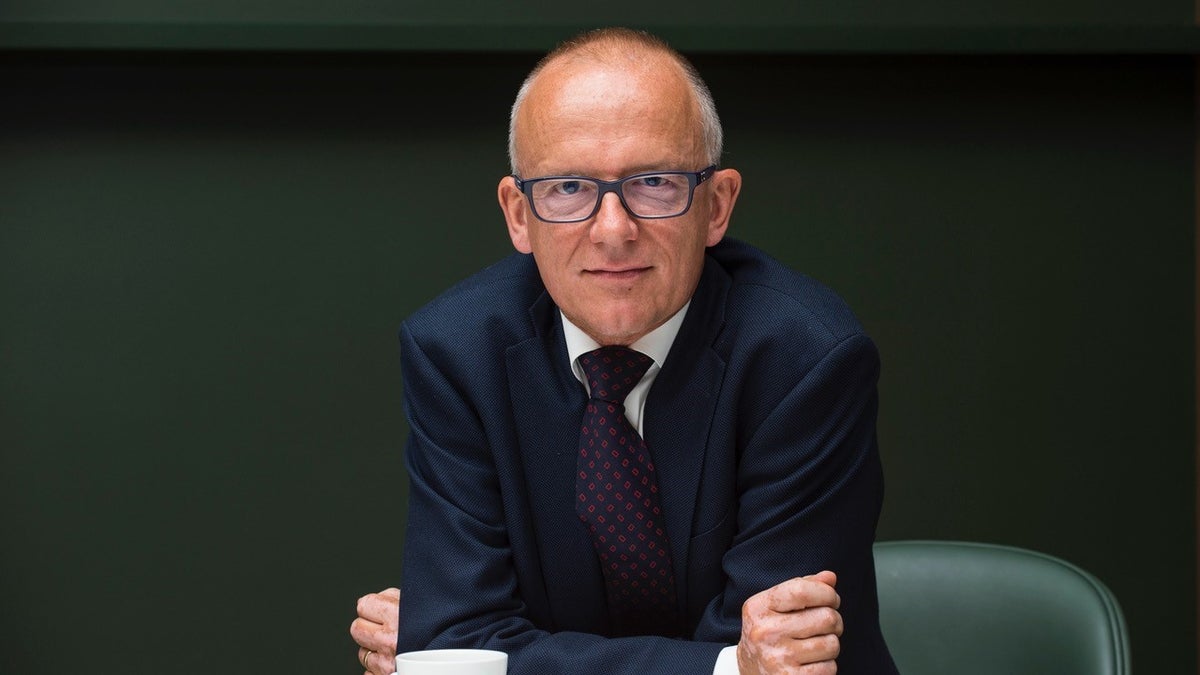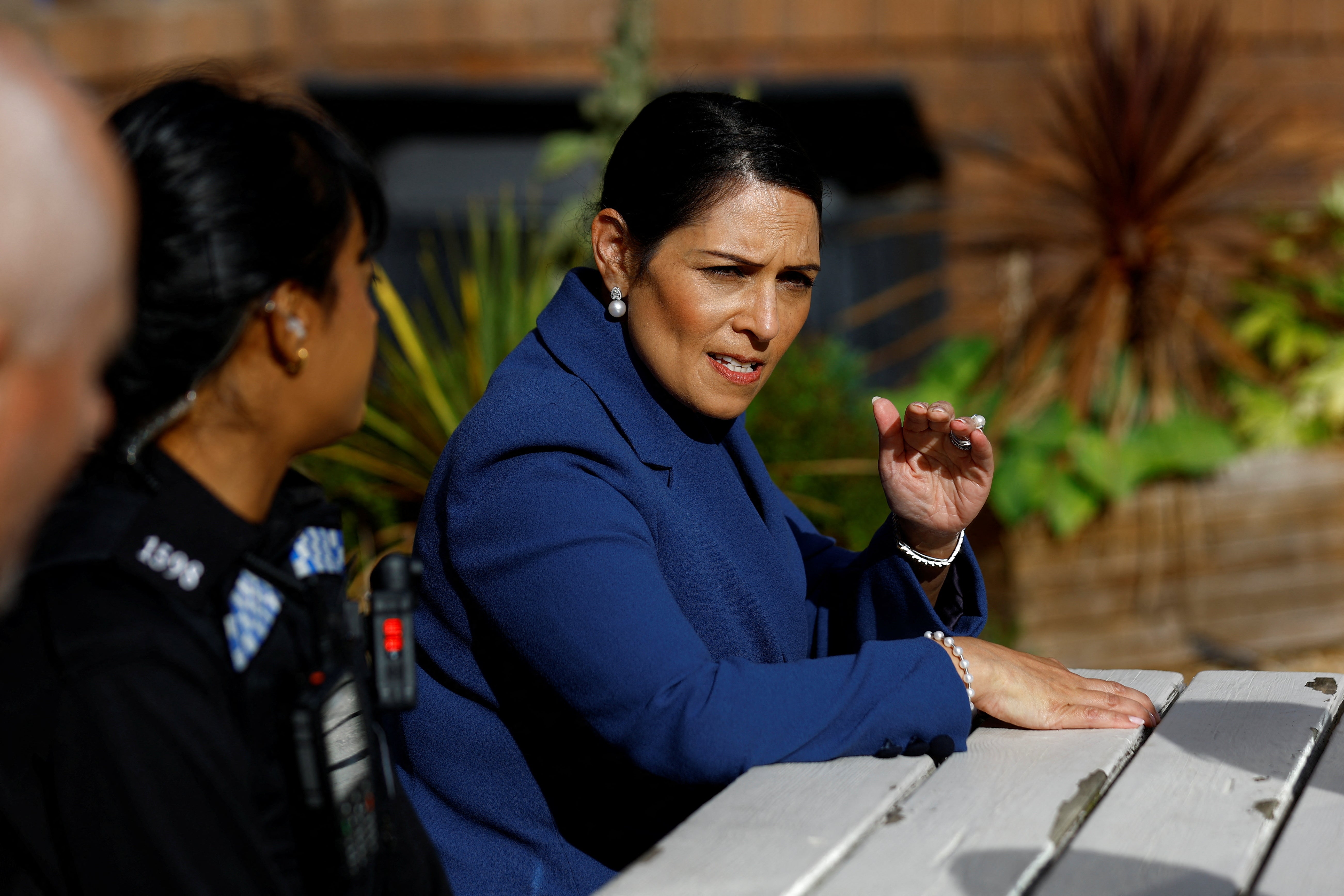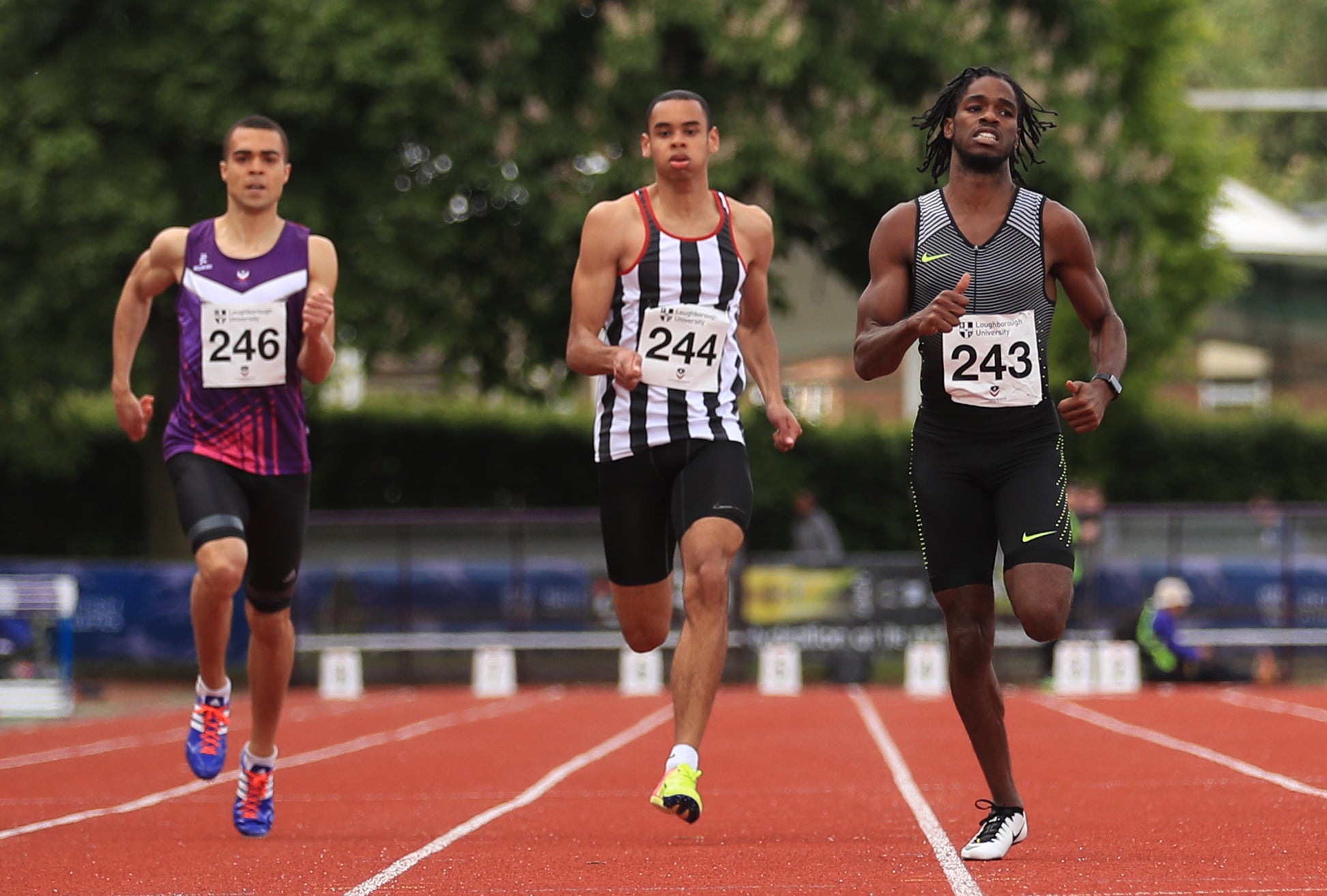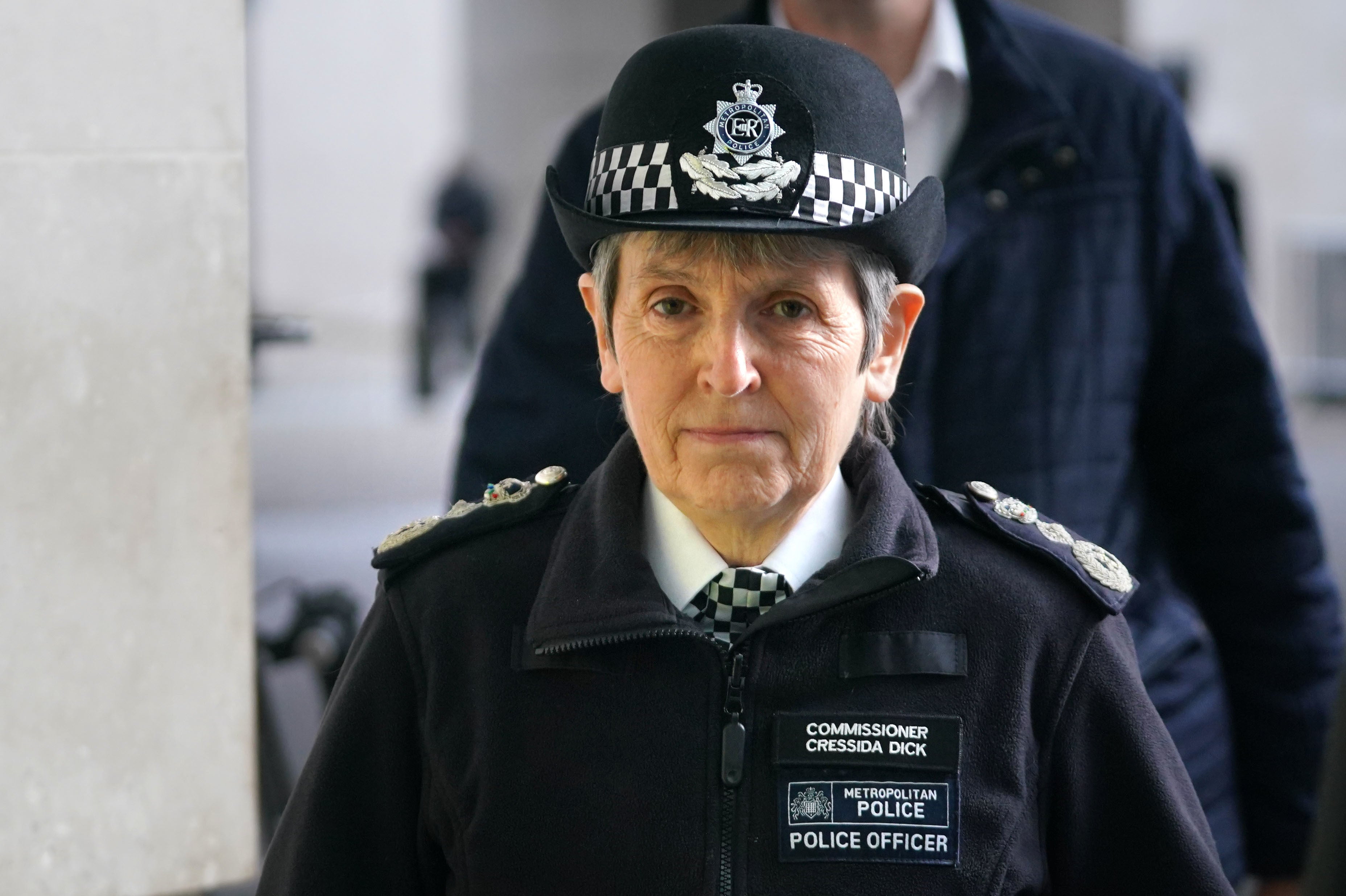
The new head of the Metropolitan Police starts work on Monday during what is arguably one of the most turbulent times to face Britain’s biggest police force.
Sir Mark Rowley takes over as Commissioner at Scotland Yard after former boss Dame Cressida Dick resigned in controversial circumstances earlier in the year.
He, along with his new deputy Dame Lynne Owens, swore allegiance to the King on Monday morning, pledging to rebuild public trust.
Sir Mark said: “In the next two weeks I have two priorities. I will lead a Met that enables Londoners and visitors from all over the world to safely pay their respects to Her late Majesty The Queen.
Through my leadership, I am determined to bring more trust, less crime and high standards, and build trust and confidence in our police service once more— Sir Mark Rowley
“Second, as we continue to police local communities, we will begin the journey of reform to renew policing by consent.
“Through my leadership, I am determined to bring more trust, less crime and high standards, and build trust and confidence in our police service once more.”
The force has been plagued by a series of scandals and missteps in recent years, leaving Sir Mark with the task of rebuilding public confidence.
It was placed in a form of special measures by a watchdog earlier this year.

In a sternly worded letter before his tenure began, then-home secretary Priti Patel demanded that Sir Mark address the “appalling mistakes of the past”.
She listed the murder of Sarah Everard by a serving officer, strip searches of children, and the abject failures investigating the deaths of the victims of serial killer Stephen Port among the key issues that had damaged public confidence.
There was also outrage over a series of disturbing racist, sexist and homophobic messages that were exchanged by officers based at Charing Cross police station between 2016 and 2018, published by a watchdog earlier this year.
Meanwhile in March a report by a second watchdog found that the force’s approach to tackling corruption was not fit for purpose – with failings including drugs, money and jewellery going missing from evidence stores.
More recently the force faced criticism after officers stopped Portuguese athlete Ricardo Dos Santos while he was driving in west London.

Five Metropolitan Police officers are already facing disciplinary action over an earlier stop and search of Mr Dos Santos and his partner British athlete Bianca Williams, during which they were handcuffed.
Other issues facing Sir Mark are ongoing investigations into deaths following police contact including Oladeji Omishore who died after jumping from Chelsea Bridge; a man who drowned after trying to swim away from officers to avoid being arrested in Kingston; and Chris Kaba who was fatally shot by an officer in Streatham Hill.
Mr Kaba’s family has called for the officer involved to be “immediately suspended” while the Independent Office for Police Conduct (IOPC) has launched a homicide investigation into the incident.
In terms of violent crime, there were three fatal shootings in six days in the capital earlier in the summer, which is unusual.
Up to July 19, there had been no firearms killings in the English capital since October 31 last year, and in the whole of 2021 there were 12 fatal shootings among a total of 134 homicides recorded by the Metropolitan Police.
Recruitment is another key topic, with the force due to have brought in 4,557 new officers by the end of March 2023 as part of a national drive to replace the thousands of jobs cut during austerity.
In June, inspectors from the watchdog Her Majesty’s Inspectorate of the Constabulary and Fire and Rescue Services (HMICFRS) said that problems at the Met had been exacerbated by the number of young and inexperienced recruits in the force as a result of the recruitment drive.

This all comes at a time when the Met is under heavy scrutiny.
As well as extended monitoring by the form of special measures put in place by HMICFRS, two reviews are taking place following Ms Everard’s murder.
One, commissioned by Dame Cressida, is being led by Baroness Casey to look at the culture of the force, while the separate Angiolini inquiry will look at the police career and conduct of Ms Everard’s killer Wayne Couzens.
HMICFRS is also carrying out a review of vetting procedures used by all forces in England and Wales in the wake of the murder.







